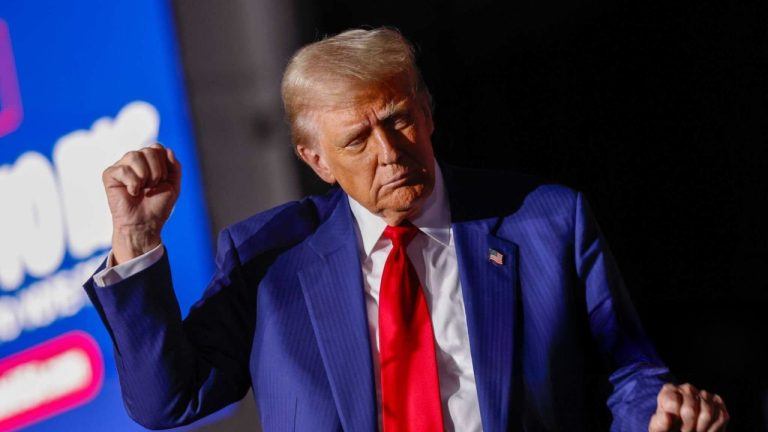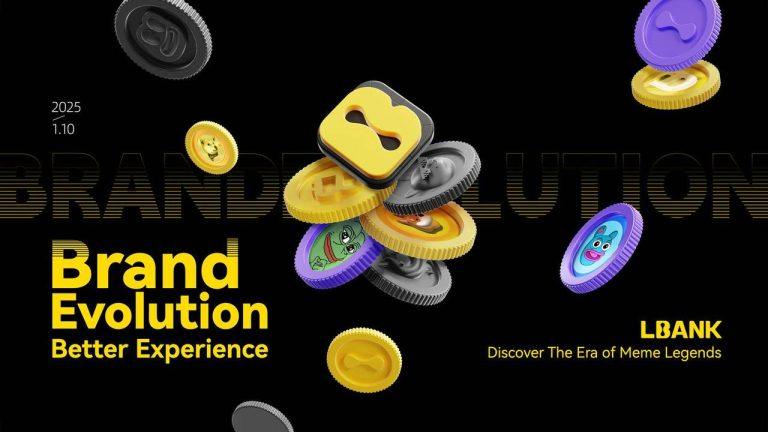LONDON, ENGLAND - MAY 30: In this photo illustration, a visual representation of Bitcoin ... [+]
Getty ImagesIn the late 1990s, when I was working at an environmental economics think tank, I had the occasion to speak one on one with the CEO of one of the world’s biggest pulp and paper companies. I was at his leadership team’s corporate retreat, to speak to them generally about ways they could make more profit by viewing the world through a sustainability lens. But he didn’t want to speak with me about that.
“Greenpeace should be paying me to grow trees, we grow more trees than they could ever dream of,” he growled at me, in lieu of a greeting. I started to explain that Greenpeace probably cared about how the trees were grown, and mid-sentence, he just turned around and stomped off.
To understand some of the context, you have to remember that 30 years ago, timber and paper boycotts were somewhat frequent, as not only Greenpeace, but other environmental advocacy groups sought to highlight what they considered unsustainable forestry practices (”clear-cutting”, etc) in the industry. These disruptions were hitting one forest products company at a time, and were meaningful.
But also, by the time I had that terse conversation, the forestry industry and some forward-thinking environmental non-profits had already taken steps to address the concerns in a collaborative way, by establishing the Forest Stewardship Council (FSC).
The FSC was, at the time, a revolutionary concept: A voluntary set of standards for forestry practices, matched with a chain of custody process, whereby FSC-certified products could carry the trademarked logo attesting to their “greenness”. Major distributors like Home Depot and paper products wholesalers were then able to attach their purchasing practices to this branding, which then created a virtuous cycle where the forestry industry was further encouraged to voluntarily adopt these standards and practices. The FSC has since inspired other, similar efforts such as the Marine Stewardship Council to serve the seafood industry.
MORE FROMFORBES ADVISOR
While these voluntary industry standards efforts don’t directly prohibit unsustainable activities, they provide a powerful incentive for industry participants to adopt more sustainable methods. And, as a result, they also have helped both the forestry and seafood industries to gain more acceptance and be less of a target for the environmental advocacy community. And importantly, they’ve also greatly benefited the environment along the way.
Now the bitcoin industry finds itself in a somewhat similar situation: Under attack for environmental reasons. But also with a clear path forward, if they can self-organize effectively and establish some strong standards.
As most readers will know, bitcoin is energy-intensive. As my friend John Belizaire of Soluna Computing points out, this is by design (it’s a crucial underpinning of the security attributes of the cryptocurrency), and so it won’t be easily changed. But nevertheless, with such high energy consumption levels and growing, this means the industry is under attack.
These aren’t just rhetorical attacks. In New York state, a new law placed limits on what bitcoin miners can do, and the state also recently denied a permit renewal to a coal-fired power plant that was being kept alive to power bitcoin mining. While a bit gentler, the EU is also imposing more requirements on bitcoin miners with climate change impacts in mind.
The increased requirements and restrictions on bitcoin mining in some regions won’t shut down bitcoin as a “thing”, however. Bitcoin BTC isn’t going to be banned around the world just because some environmentalists wish it would. Major tech players are solidly behind the cryptocurrency. Big Wall Street banks and pension funds alike are making big financial bets on bitcoin’s future. Bitcoin miners have been somewhat booted out of China but are busy relocating to places like Texas. Bitcoin prices may be wildly volatile but the cryptocurrency’s already-established financial role (and with it, its energy-intensive “proof of work” methodology) aren’t going away, like it or not.
But the attacks and political responses aren’t going to go away either. In fact, they’re going to ramp up. And the bitcoin mining industry is going to need a more effective response than the one they’ve tried already: Arguing that bitcoin mining is inherently good for the planet BECAUSE it uses a lot of electricity. After all, some argue, most new electricity generation is now renewables. So therefore, more electricity demand means more renewables power project development, and therefore planet saved!
By this same logic, we should all leave our refrigerator doors open all the time, along with turning on all of our lights and every other piece of electricity consuming equipment we can put onto full blast. Leave your hair dryer on all day, every day. ...For the planet. Right.
However, there are specific practices that bitcoin miners can do to make a more compelling case for climate benefits through their activities. Making mining activities be 100% renewables powered, in an auditable way, would be a good first step. Even better would be focusing on the use of otherwise-curtailed renewables capacity as a primary power source for mining (full disclosure: my firm recently partnered with Soluna to do just that on a series of projects). That would actually directly encourage new renewables power projects with specific, major developers.
But while the industry has established a Bitcoin Mining Council (BMC) to help promote their sustainability message, so far it hasn’t taken any truly bold actions (other than to loudly defend the industry, of course). The industry should instead borrow from the FSC and MSC playbooks, and start to establish voluntary but reliable standards and a certification program for “green bitcoin”.
Such a standard will need to include the establishment of standards around what a “green bitcoin” actually is, and that will be contentious. Not many miners are yet focusing on the use of otherwise-curtailed renewables, for example, or even direct power purchase agreements with specific renewables projects. There are grid-level ancillary services benefits via bitcoin mining (or more plainly, turning off mining activities on demand) that are also potentially useful for encouraging renewables development in stressed grids like Texas. With this complex set of factors, it would be useless for the BMC and other industry advocates to try to establish what a “green bitcoin” is all by themselves, it would never achieve necessary credibility. No, just as with the FSC and MSC, any new “green bitcoin” standard must be done in active collaboration with key environmental groups. But as those examples show, while that might be painful at the time, the results can be very powerful.
Then once those standards are negotiated and accepted, the practices must also be fully auditable and transparent. Entire cottage industries have been created around the certification and chain-of-custody practices behind the FSC and MSC’s successes. But such environmental certification is now easily within the capabilities of other similar certification processes. In short, if a bitcoin miner is doing the things necessary to achieve whatever “green bitcoin” standards are established, it will then not be difficult or costly for them to prove it and gain a certification.
Chain-of-custody for a commodity designed to be traded with anonymity would be more difficult, but this is less of an issue for the FIRST purchaser of the resultant green bitcoin. And this is where establishing a branded standard would really help — because the tech giants, pension fund managers and big banks who are purchasing bitcoin for their balance sheets and/or clients could be pressured to declare they will only purchase certified “green” bitcoin directly from miners who meet this established standard. This would lead them to want to develop direct-purchase agreements with such certified green miners, and especially any otherwise-curtailed renewables consumption, as part of their own ESG and net-zero-climate-emissions efforts. And that would then greatly encourage even more miners to adopt the standard. As a side benefit, these standards and auditable practices would also lead inevitably to higher social and governance standards as well, not just environmental.
This is what the bitcoin mining industry needs to embrace and shift toward. At least the bigger, credible miners and their immediate customers in the tech and financial industry. While it would never capture the entirety of the industry, it would start to actually put some verifiable proof behind the rhetoric of the BMC and others who are currently winning over no one in the environmental movement. And it would help forestall or at least blunt the impacts of the looming climate-bitcoin crackdown in major economies like North America and Europe.
I know the bitcoin industry tends to want to look forward, and to reject lessons from the past, and so we hear no mention at all so far of the applicable learnings from three decades of success by the forestry and seafood industries.
But it’s time for a Green Bitcoin Stewardship Council, as a partnership between the BMC and major environmental advocacy groups. It’s the only clear path forward for a profitable industry, and for our planet.

You can get bonuses upto $100 FREE BONUS when you:
💰 Install these recommended apps:
💲 SocialGood - 100% Crypto Back on Everyday Shopping
💲 xPortal - The DeFi For The Next Billion
💲 CryptoTab Browser - Lightweight, fast, and ready to mine!
💰 Register on these recommended exchanges:
🟡 Binance🟡 Bitfinex🟡 Bitmart🟡 Bittrex🟡 Bitget
🟡 CoinEx🟡 Crypto.com🟡 Gate.io🟡 Huobi🟡 Kucoin.




















Comments